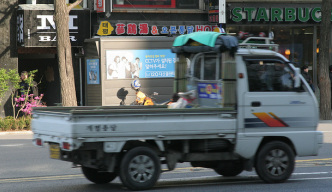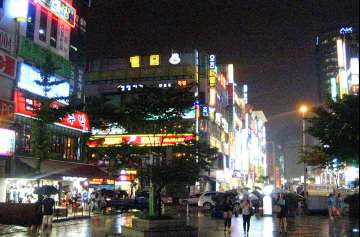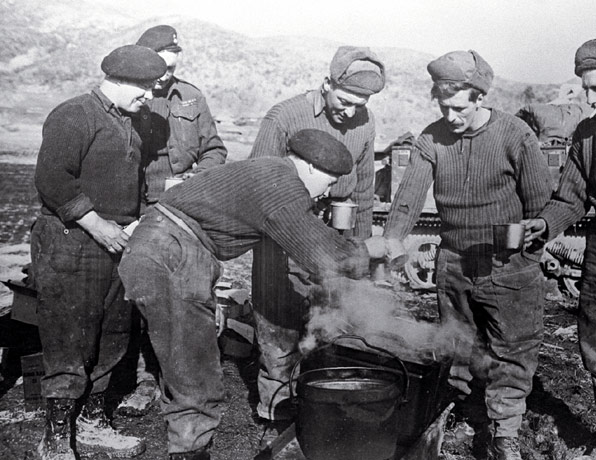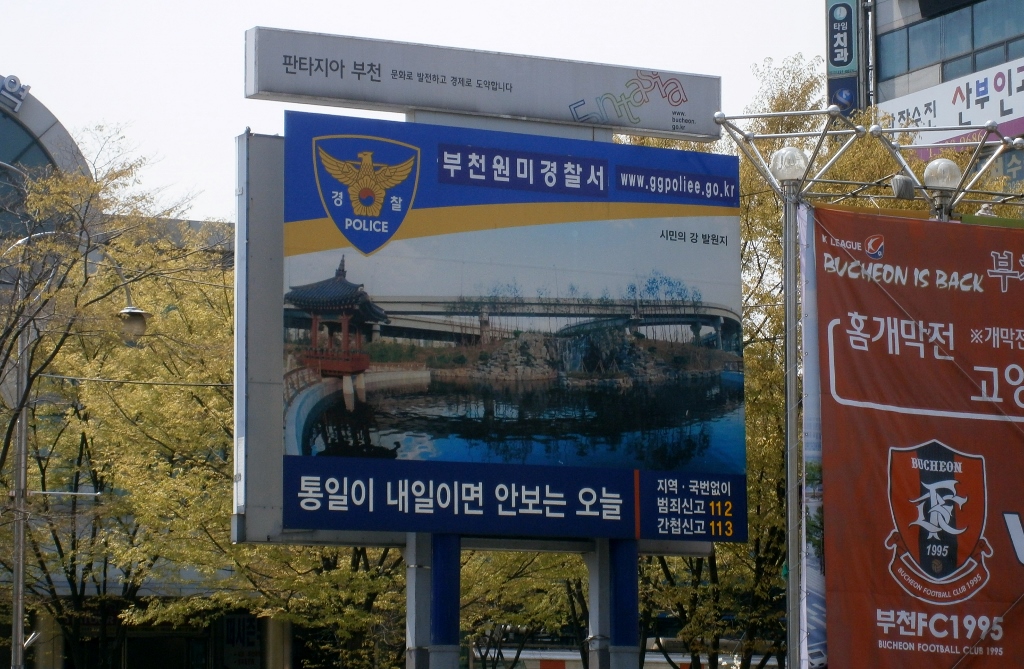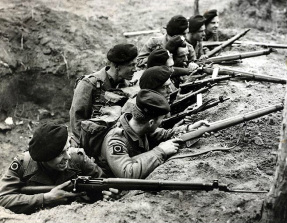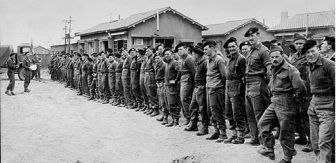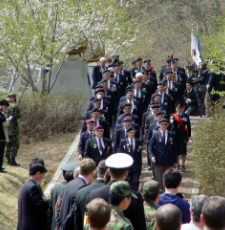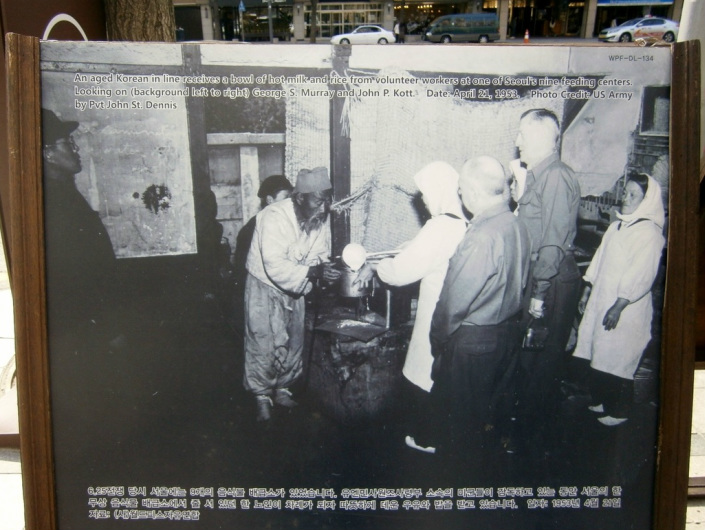The memories are vivid, even as I sit here in the spring of 2013, four years later.
Part I: “A Pig Virus Delays My Arrival” and Part II: “Into the Wild Neon Yonder” and
Part III: “Meeting the Boss” and Part IV: “Meeting New Coworkers” and
Part V: “Hwe-Shik” and Part VI: Affable Predecessor
[Simple synopsis of Part II: Travelling by car from the airport to my new workplace; observations along the way]
[Simple synopsis of Part III: Meeting my new boss; relation of her personal history; departure for the restaurant]
[Simple synopsis of Part IV: Meeting new Korean coworkers at my first “hwe-shik”]
[Simple synopsis of Part V: Discussion of “hwe-shik”; its purpose/importance; subsequent hwe-shik experience]
[Simple synopsis of Part VI: Meeting my predecessor; description of him; amazement at his ability to read Korean]
Sitting around the table, I knew I wouldn’t be able to remember many names. I was interviewed by Mr. C some weeks prior, so I knew who he was. That night, I didn’t actually know who Mrs. Y was, though. No one had told me. Knowing the boss’ name seems like an important thing. I needed to know what to call her, after all.
Not so fast. It turned out that “what to call her” and “what her name is” are entirely different questions in Korea. At the end of this night, which I hope to get to by Part XII, I made the mistake of calling her “Mrs. C”. She got confused at this. She said, “No, I am Mrs. Y; my husband is Mr. C!”
It may be because of this confusion that, on my second or third day, she handed me a piece of paper with two pieces of information on it: Her phone number was one. The other was a word totally unknown to me, written in pen in neat handwriting. The word was Wonjangnim [원장님]. She said, “You should call me that”. And that was that.
Address the Boss by Her Title
Wonjangnim was the title of her position. I came to learn that it means something like “Honored Director [of the Hagwon]” or perhaps “Honored Headmaster”.
This was the term the Korean staff used to address her, in all cases. I halfheartedly appreciated that I wasn’t “being singled out for special treatment” and told to call her something else than what others call her. It took me a long time to realize how unusual it really is for a boss to request that a foreign English teacher use that title to address him/her. In a way, I should have felt honored for being treated like an equal. I was mostly just confused at the time, though.
At the same time, it was very… awkward for me to address this woman, or any person at all, using a title and only a title. I don’t know if I’d ever hitherto in my life addressed anyone by a pure title with no name attached at all. It was “Professor Smith”, not just “Professor”; “Pastor Jones”, not just “Pastor”, and so on. Addressing someone with a pure title would be very out of place in the USA in which I grew up; I even feared sounding patronizing. It was even more awkward, I guess, that the honorific is added in the Korean, though I didn’t know any such thing in April of 2009.
My feelings of awkwardness and discomfort using this title weighed down on me. It took me a while before I actually used this title to directly address her.
Titles in Korean Work Life and Social Life
[Many benefits come from writing these memories four years later. One is that I can say the following, which I could not have done had this been written in May 2009, because I didn’t know much about Korea yet:]
Why was this woman asking me to call her by this strange-sounding title? Was it personal arrogance on her part? A Canadian who’d been in Korea for some time, whom I told after I met him at the foreigners’ office, seemed to think so. He scoffed that I’d actually been told to use the honorific “nim”.
In fact, titles are obligatory among Koreans working together, even when they are on very friendly terms. Addressing another teacher, one says “Kim Teacher” (Kim Sunsengnim), or just plain-old “Teacher” (Sunsengnim), not just “Kim”, or — God forbid — a given name.
More surprisingly, titles are very common even in purely-social situations. A male addressing an older male friend, for example, will call the older one hyung (형), meaning older-brother. This seems so antiquated — like something you’d hear from the Amish, or something. One would think addressing everyone by title, including friends, would a declining practice in the modern world. Not so: Even the youngest of Koreans alive today follow this “addressing by title” custom, religiously. In a classroom in which grades are mixed, a 5th grade girl will call a 6th grade girl un-ni, a word meaning older sister. Friends do it, too. It’s quite remarkable.
************************************
This is exactly the kind of thing about which I was in total ignorance on that night in April of 2009. Korean food was another. I’d never even tasted kimchi! Soon I would. And my tastebuds have not been the same since. . . .
[Next: Part VIII, Part IX, and Part X]
[Previous: Part I, Part II, Part III, Part IV,



